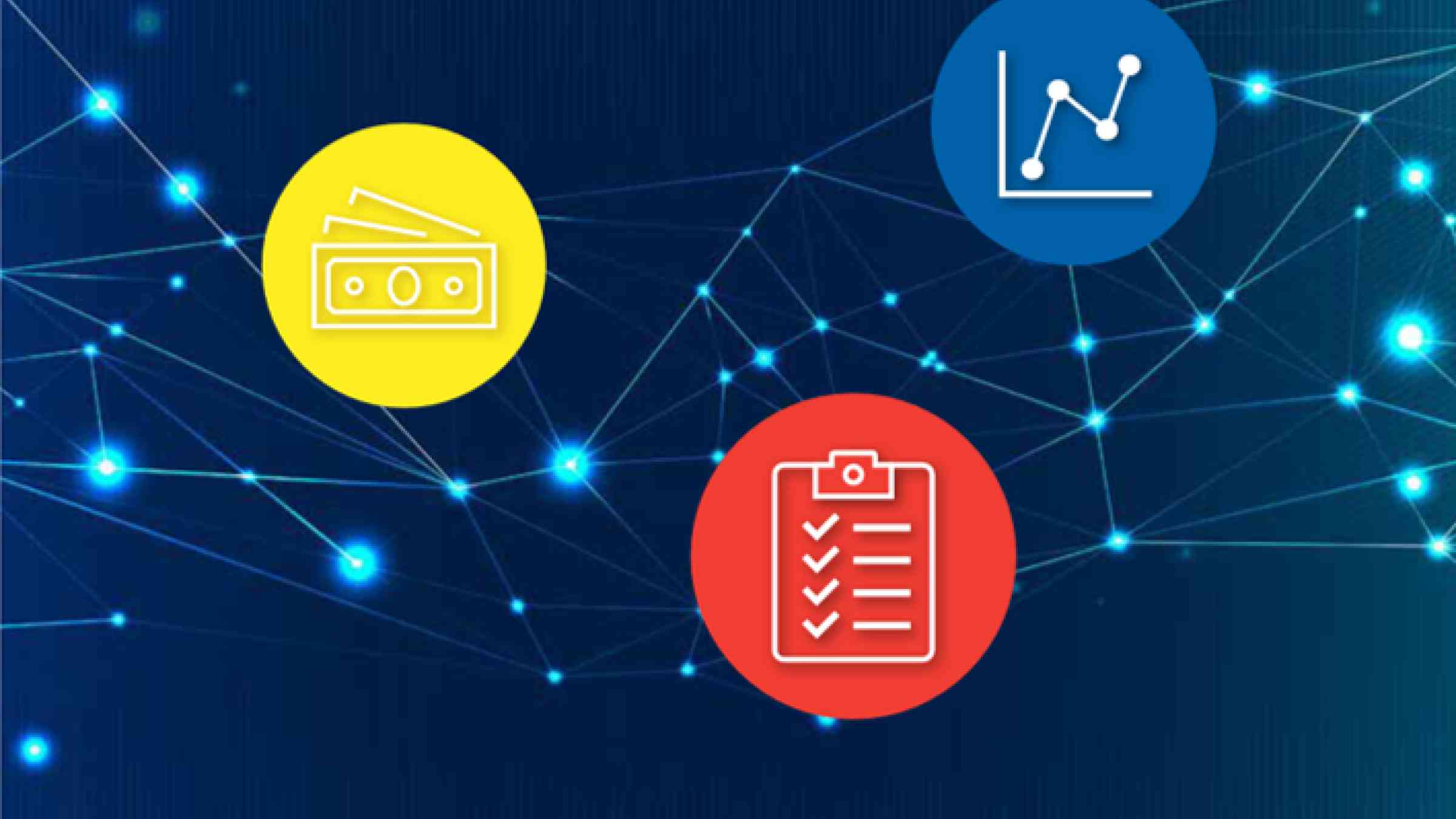Anticipatory action is increasingly recognized as a critical component of disaster risk management, enabling vulnerable communities to receive timely support in a cost-effective, dignified, and adaptable manner following climate-related events such as droughts, typhoons, and floods. Many governments worldwide are taking steps to improve risk reduction, build preparedness, and develop early warning systems, all as part of comprehensive risk management. However, at present, the discourse surrounding anticipatory action is primarily driven by humanitarian and development partners, rather than by government entities. To establish anticipatory action as a sustainable aspect of disaster risk management, it is imperative for governments to take the lead in shaping the conversation and defining the terms of engagement.
Intergovernmental agencies can play a key role in facilitating this process, and much work on anticipatory action is already underway in regional bodies around the world. Examples include the ASEAN Framework on Anticipatory Action in Disaster Management, the Horn of Africa Intergovernmental Authority on Development (IGAD)’s Anticipatory Action Roadmap, the Caribbean Disaster Emergency Management Agency (CDEMA)’s Regional Comprehensive Disaster Management Strategy and Results Framework, the Southern Africa Development Community (SADC)’s Regional Resilience Framework, and the Framework for Resilient Development in the Pacific developed by agencies of the Pacific Council of Regional Organizations (CROP). These frameworks serve as guiding tools for governments to align their national agendas and foster confidence in their approaches.
Recognizing the increasing leadership role of intergovernmental bodies in the anticipatory action domain, ASEAN is putting out the call to other intergovernmental regional bodies to help establish an Intergovernmental Alliance on Anticipatory Action. Emphasizing the significance of partnership and collaboration in a post-pandemic world, this initiative underscores the importance of globalization, knowledge-sharing, and relationship-building in navigating today’s complex geostrategic landscapes.
The Intergovernmental Alliance on Anticipatory Action will bring together intergovernmental regional bodies from around the world to jointly shape the anticipatory action agenda for their respective national governments and regions. Through collaboration, knowledge exchange, and dialogue, this Alliance aims to empower decision-makers to create sustainable solutions and put governments into the driver’s seat. It can further ensure that collective efforts and inputs are shaping anticipatory action within global agendas, including the Loss and Damage Fund.
The inaugural meeting of intergovernmental bodies will occur at the Asia-Pacific Ministerial Conference (APMCDRR) from October 14-17, where discussions will center on defining the group’s terms of reference, mapping ongoing efforts, identifying collective challenges, and crafting a Declaration/Plan of Action to be refined and launched at the Global Platform for Disaster Risk Reduction (GPDRR) in June 2025.

Agenda
Location
Philippine International Convention Center
Online access
Details
Organized by
Food and Agriculture Organization of the United Nations (FAO) Association of Southeast Asian Nations (ASEAN)Contact
Catherine Jones, Disaster Resilience Lead for Asia Pacific, FAO, email: [email protected]
